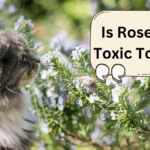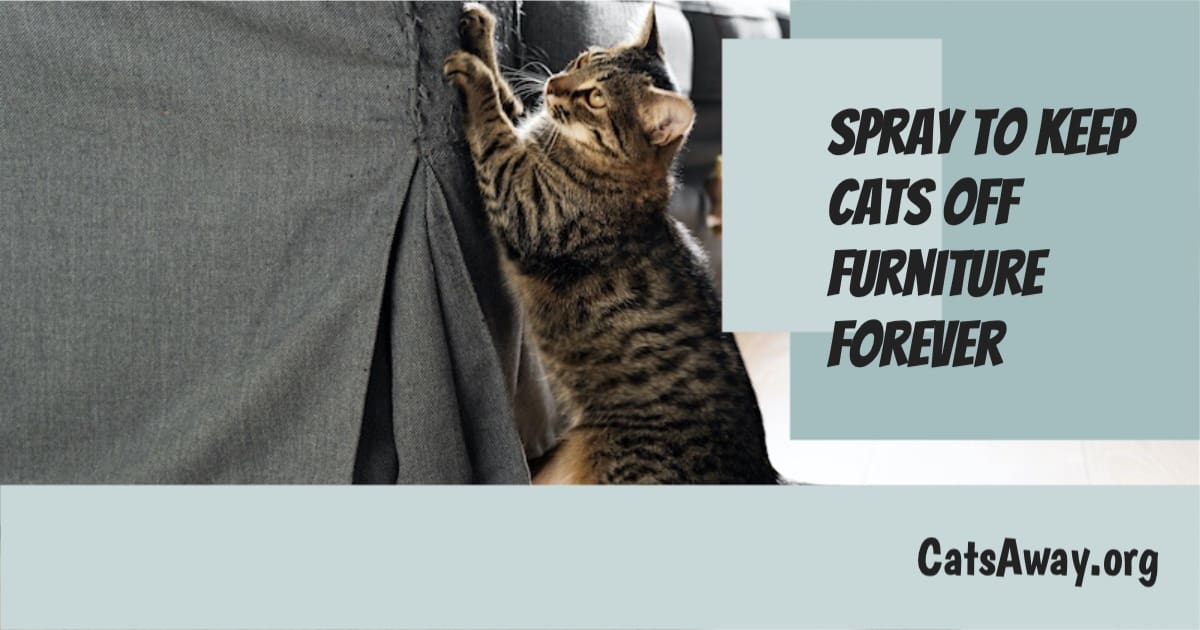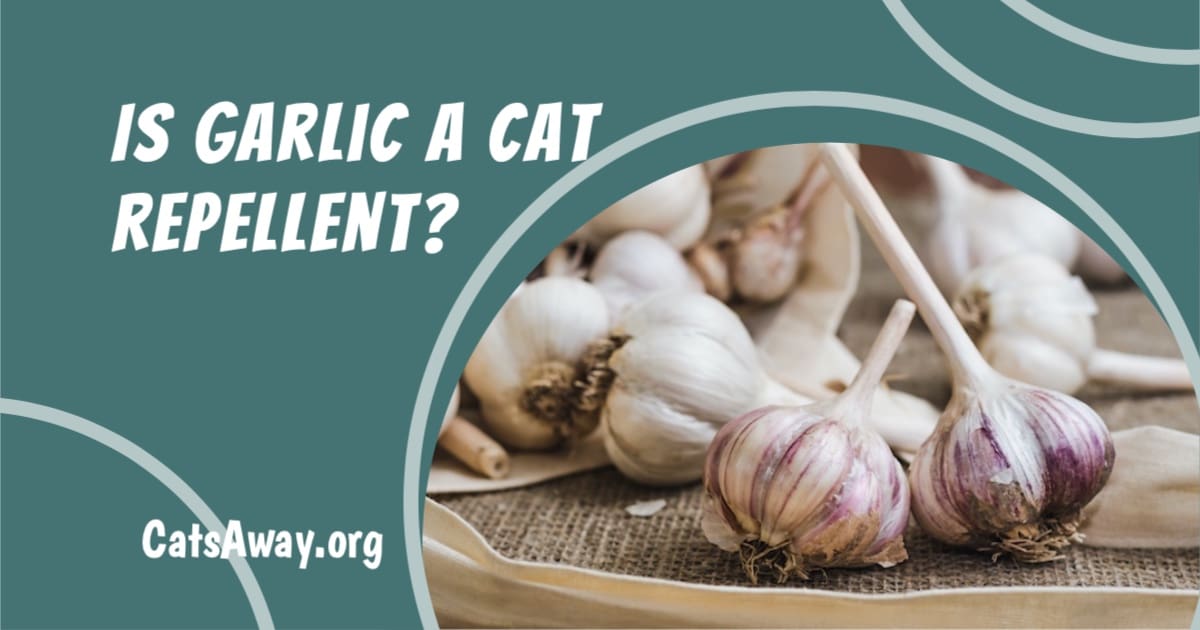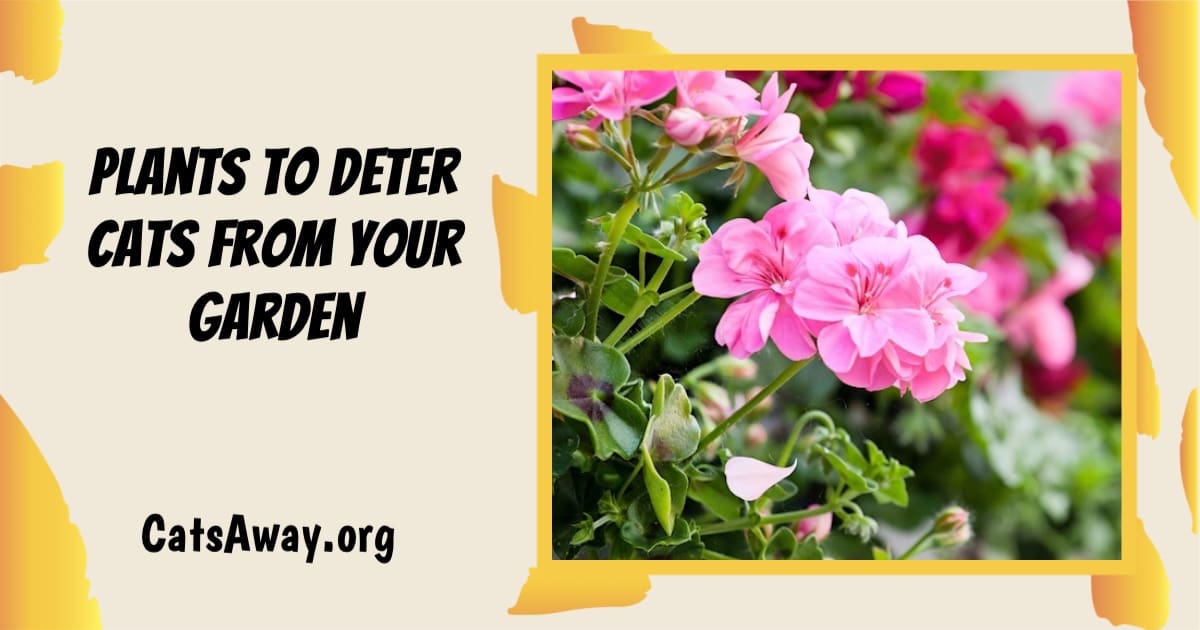If you are thinking of using Cinnamon as a cat repellent you will want to be sure it is safe to do so. Many folk have Cinnamon around the home and use it for digestive problems, pain, even to treat colds. But will Cinnamon hurt cats?
Is Cinnamon safe for cats? Although the ASPCA have not labeled Cinnamon as toxic for cats it can cause vomiting and allergic reactions as well as other complications in cats.
As stated above, Cinnamon isn’t toxic for cats in small doses but can cause problems for some of them. Read on to learn the risks Cinnamon can pose to cats.
Cinnamon and Cats
Most cats (but definitely not all) don’t like the strong smell of Cinnamon which is why it is popular as a cat deterrent.
As a cat owner if your pet shows an interest in Cinnamon you should not let them ingest it. While a tiny amount won’t do any harm, any more than that can lead to vomiting.
Cats are different. Most will hate it but a few cats like Cinnamon and find it stimulating.
Particularly dangerous for cats is Cinnamon oil and extract. These can do damage to the cats skin, mouth or eyes.
Does Cinnamon Keep Cats Away
I personally wouldn’t recommend putting down Cinnamon powder or neat essential oil as a cat repellent simply because as stated, a minority of cats do like it. While you could argue that cinnamon is safe for all cats in very small amounts, you could end up with a hefty pet bill should the cat you are trying to deter from your garden decide it likes the Cinnamon you left out for it.
If you are going to use Cinnamon as a cat deterrent the best and safest method would be to make your own cat spray repellent.
Mix 2 tablespoons of Cinnamon, Lavender and Rosemary into a pint (500ml) of boiling water and leave it to stew overnight.
The next day you will need to carefully strain the liquid through a cheesecloth and then add half a cup of vinegar and a dozen drops of Tangerine essential oil. Finally, place your cat repellent in a spray bottle and give it a good shake before use.
Spray in areas cats are entering your property or along your borders where they are doing nightly digging.
The odour will be picked up by your neighbourhood cats as they approach and will hopefully deter them from stopping to do their business in your garden.
As with all spray cat deterrents it needs to be reapplied daily and after any rain to be effective.
How it works
Cats have a much more powerful sense of smell than us – around 14 times stronger. The spices we love to fill our nostrils with can hit a cats sensors like a sledge hammer. Most cats will pick up the scent from some distance and so avoid the area it is coming from.
Will Cinnamon Hurt Cats?
It can be harmful for the cat if it eats it, sniffs it or gets it on its skin.
Breathing in the vapours from Cinnamon essential oils or even an air freshener may produce an allergic reaction.
Breathlessness, wheezing, sneezing and coughing are all signs of an allergic reaction.
Eating Cinnamon in enough quantities can lead to Cinnamon toxicity.
Cinnamon contains a compound called Coumarin which a cats digestive system cannot break down. This can lead to serious problems including liver failure.Vomiting, coughing and diarrhoea or all signs of toxicity so if you suspect your cat has managed to eat some Cinnamon you should monitor it carefully for any signs.
If your cat manages to get any Cinnamon powder or essential oil on their skin it can cause an allergic reaction. You should monitor for signs of itching, scratching and rashes.
If any of the above symptoms occur you should take your cat to the vet straight away.






I make a floor wash of 1/3 parts mouthwash 1/3 part vinegar and a little bit of soap and 2/3 the rest of it water ln my bucket or spray bottle to wash the floor with. Do you think that would hurt the cats
.